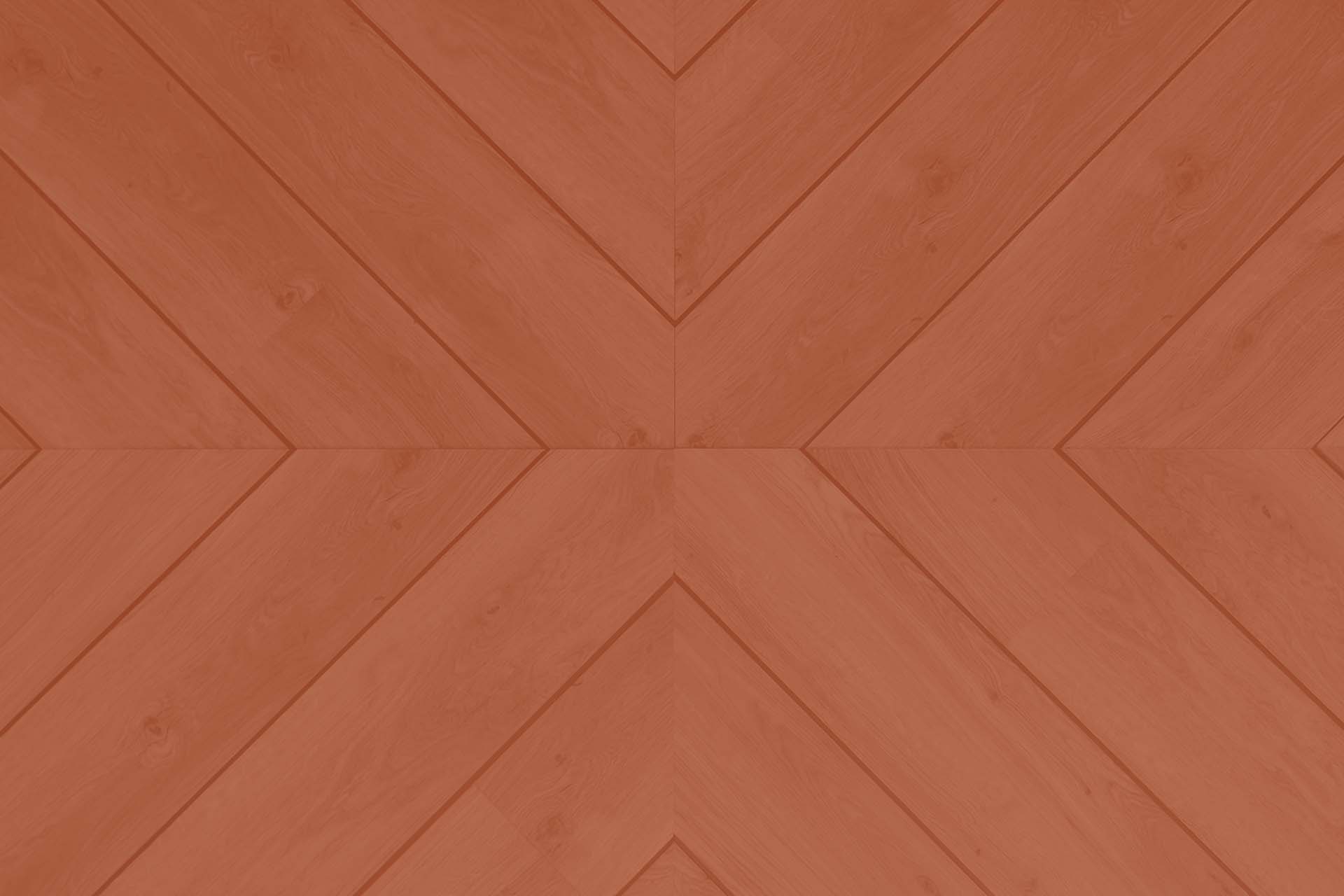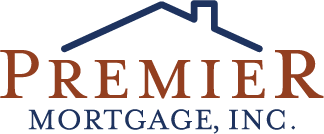Buying a Home
Mortgage Types
Conventional Mortgage
A conventional loan is exactly what it sounds like — the classic approach to obtaining a housing loan. The conventional loan is designed for homebuyers who have good credit scores (minimum 620), a low debt-to-income ratio (45-50%), and a stable income.
Private lenders, such as banks and credit unions, fund conventional mortgages. This type of mortgage loan is not backed by the government; therefore, it is more flexible in purpose and can be used to purchase primary, secondary, vacation, and investment property. Your down payment can be as low as 3% with a conventional loan; however, the standard down payment with a conventional loan is 20% of the housing cost. Opt for the 20% down payment to make the most of the conventional loan.
Jumbo Loans
A jumbo loan is a mortgage used to finance properties that are too expensive for a conventional conforming loan. Homes that exceed the local conforming loan limit require a jumbo loan.
In most counties, the maximum amount for a conforming loan is $647,200, as determined by the Federal Housing Finance Agency (FHFA). Jumbo loans are considered riskier for lenders because these loans can’t be guaranteed by Fannie Mae and Freddie Mac, meaning the lender is not protected from losses if a borrower defaults. Jumbo loans are typically available with either a fixed interest rate or an adjustable rate, and they come with a variety of terms.
Government-Insured Mortgages (FHA & VA)
The U.S. government is not a mortgage lender, but it does play a role in helping more Americans become homeowners. Three government agencies back mortgages: the Federal Housing Administration (FHA loans), the U.S. Department of Agriculture (USDA loans), and the U.S. Department of Veterans Affairs (VA loans).
These government-backed loans make home ownership more accessible for qualified borrowers who are ineligible for a conventional loan. Government-backed mortgages require lower down payments and have lower minimum credit score requirements, allowing debt-to-income ratios as high as 55-60%. On the flip side, there are more regulations and eligibility criteria for each type of mortgage.
Fixed-Rate Mortgage
Fixed-rate mortgages maintain the same interest rate over the life of your loan, which means the principal and interest in your monthly mortgage payment always stays the same. Fixed loans typically come in terms of 15 to 30 years, although some lenders allow borrowers to pick any term between 10 and 30 years.
If you are planning to stay in a home for at least five to seven years and want to avoid the potential for changes to your monthly principal and interest payments, a fixed-rate mortgage is right for you.
Adjustable-Rate Mortgage
Unlike the stability of fixed-rate loans, adjustable-rate mortgages (ARMs) have fluctuating interest rates that can go up or down with market conditions. Many ARM products have a fixed interest rate for a few years before the loan changes to a variable interest rate for the remainder of the term.
For example, you might see a 7-year/6-month ARM, which means that your rate will remain the same for the first seven years and will adjust every six months after that initial period. If you consider an ARM, it’s essential to read the fine print to know how much your rate can increase and how much you could actually pay after the introductory period expires. Certain lenders have prepayment penalties; if you plan on paying your loan off early or refinancing, make sure to consult with your Premier specialist. If you don’t plan to stay in your home beyond a few years, an ARM could help you save on interest payments. However, it’s important to be comfortable with a certain level of risk that your payments might increase if you’re still in the home.
ITIN Mortgages
Individual Tax Identification Number (ITIN) loans are for people who are not eligible for Social Security numbers. ITINs are issued to both resident and nonresident aliens for tax reporting purposes, and may be used to apply for loans on single family homes, condos, and planned unit developments (PUD).
There are no laws that exist that restrict mortgage loans being offered to non-citizens. It is just that most lending institutions have a preference to only offer loans to borrowers with a social security number. Thus, only unique types of lenders, namely “portfolio lenders,” offer these types of loans. Premier Mortgage Inc. has a lender that currently offers loans to ITIN borrowers.
DACA Mortgages
DACA recipients are eligible for most types of mortgages if they can prove they’re lawful, non-permanent residents of the U.S. In other words, as a Dreamer, you’re eligible for homeownership as long as you have the paperwork showing that you can live and work here legally.
That said, many lenders still don’t offer mortgages to Dreamers. Premier Mortgage Inc. is currently able to do loans for DACA borrowers.
Bank Statement Mortgages
Bank statement loans are a type of loan that allows you to get a mortgage without the documents that most loans need to prove your income. They are also known as “self-employed mortgages” or “alternative documentation loans.”
Bank statement loans can be used if you work for yourself or own a business. They can also be used if you do not have a steady income or have more than one employer who can prove your salary. Since these loans carry a little more risk for lenders, they may need you to have a larger down payment than you would for a conventional loan. This might also result in a higher interest rate. If you already own a home, you can also use bank statement loans to refinance your mortgage. If you’ve left the traditional workforce since buying your home but would still like to enjoy the perks of refinancing, these loans may be an option.

The Premier Guarantee
If you provide Premier with a loan estimate, Premier will guarantee to beat your estimate the same day it was quoted.*
*Disclaimer: this guarantee pertains to existing home purchases only.

Mortgage Calculator
Use our free mortgage calculator to estimate your monthly mortgage payments.
